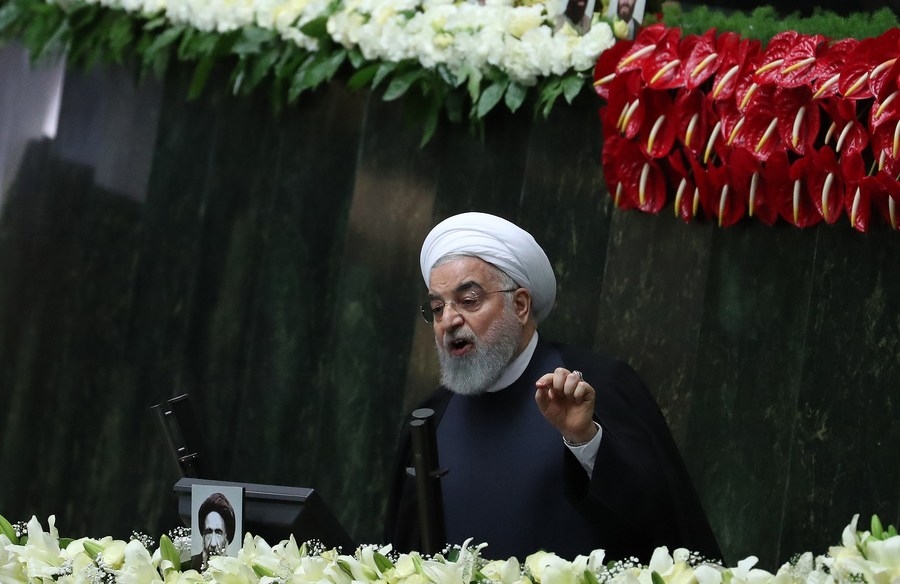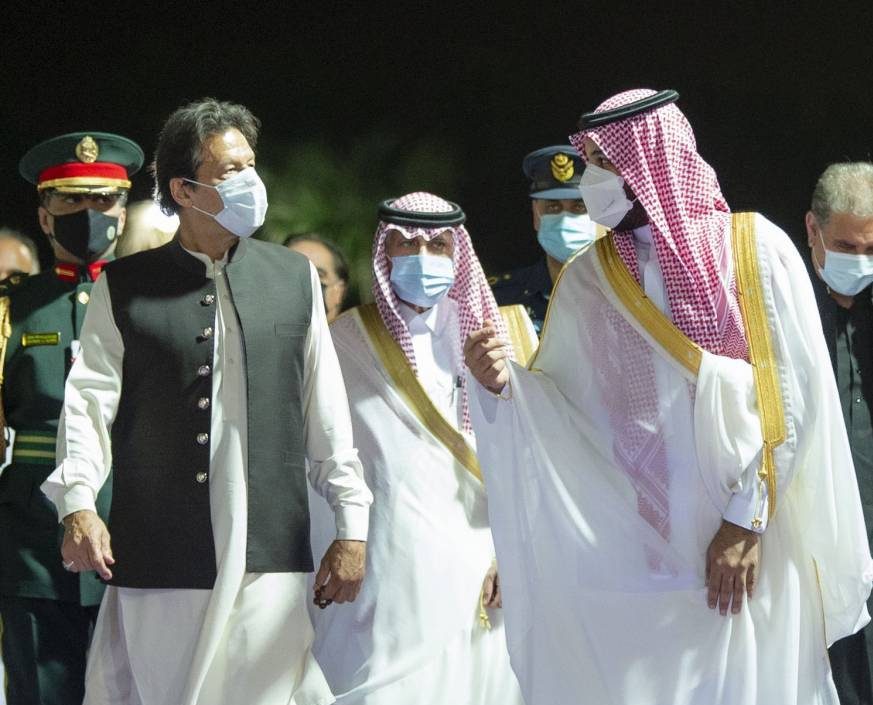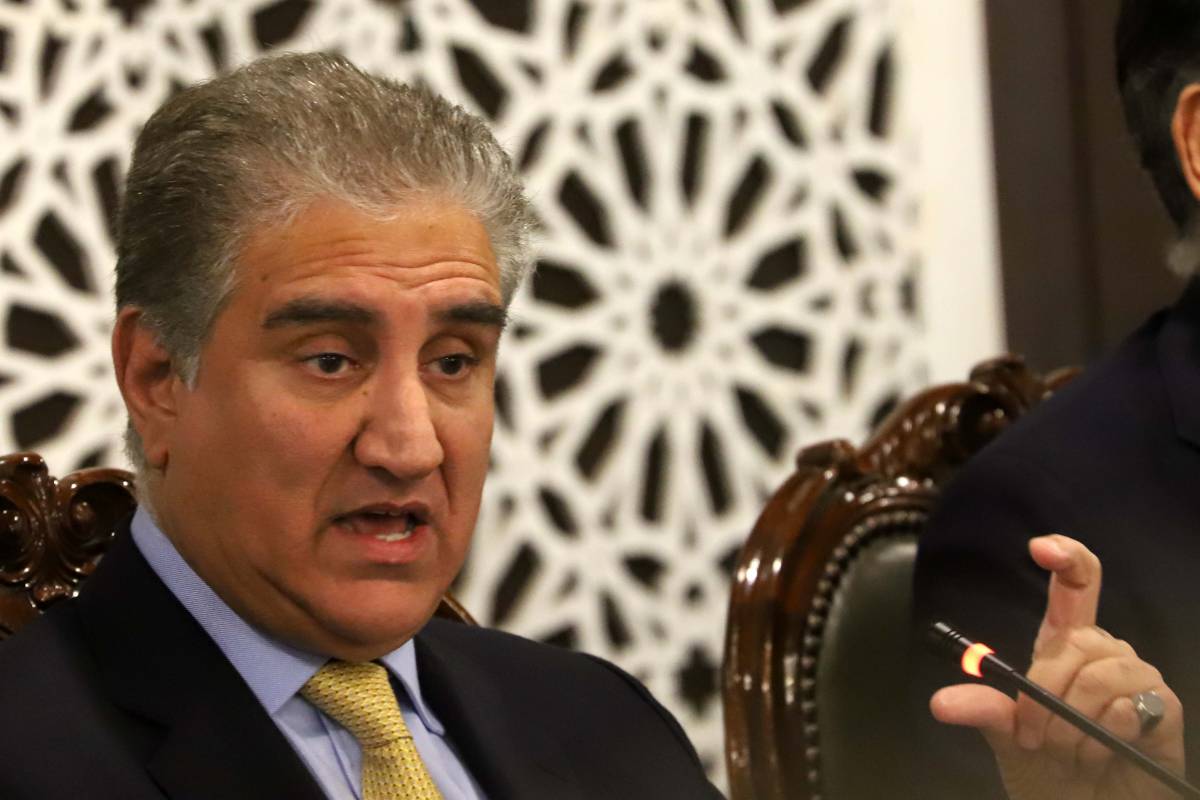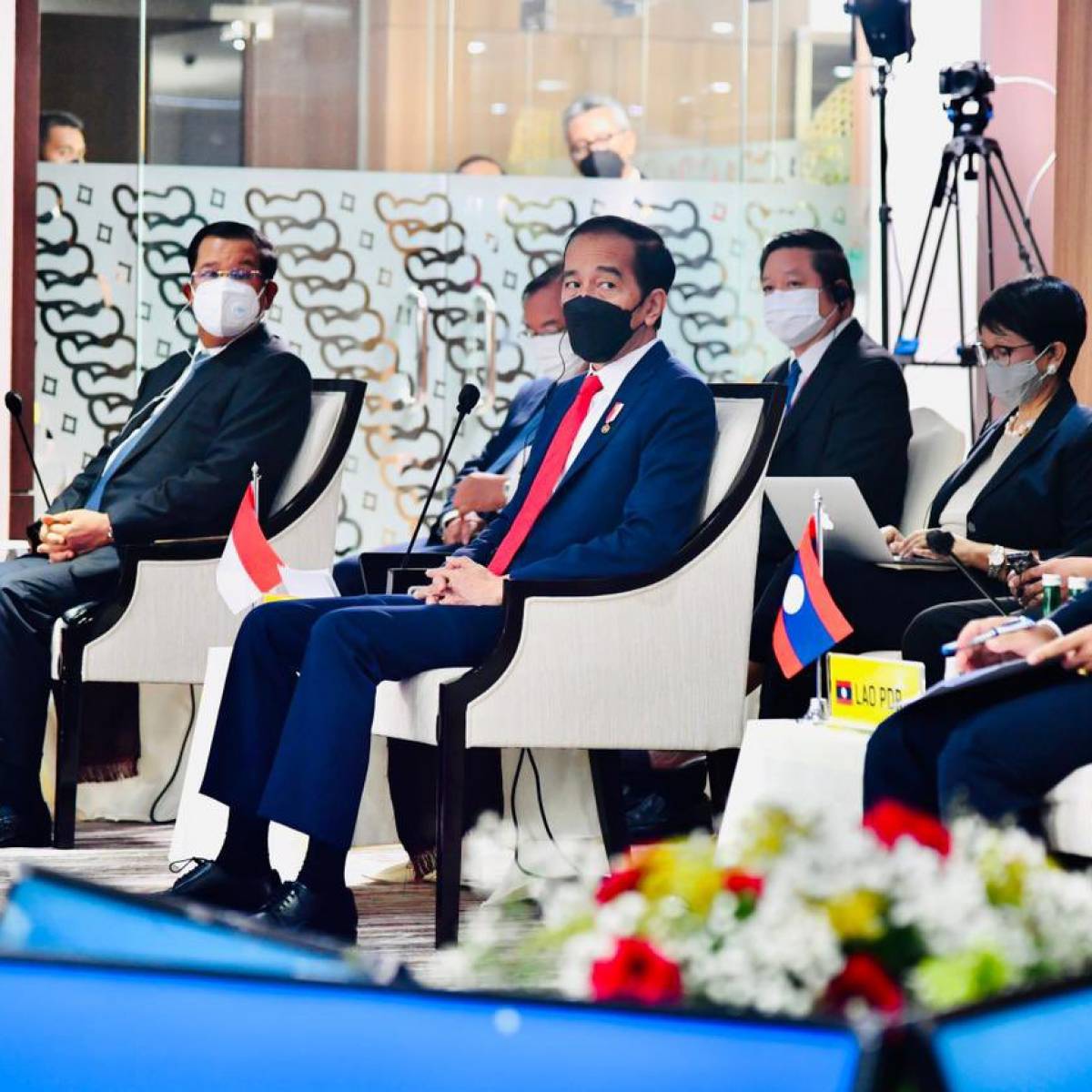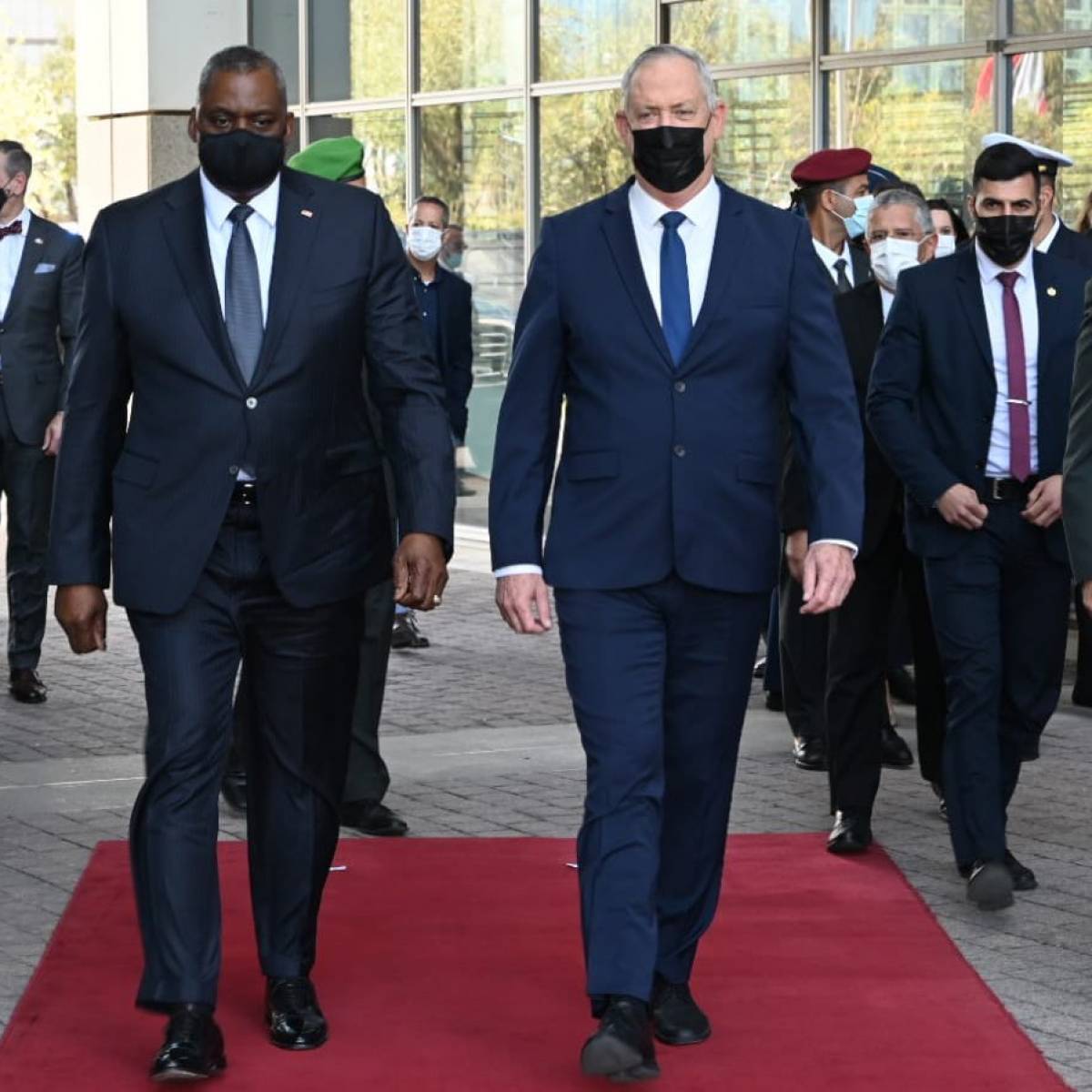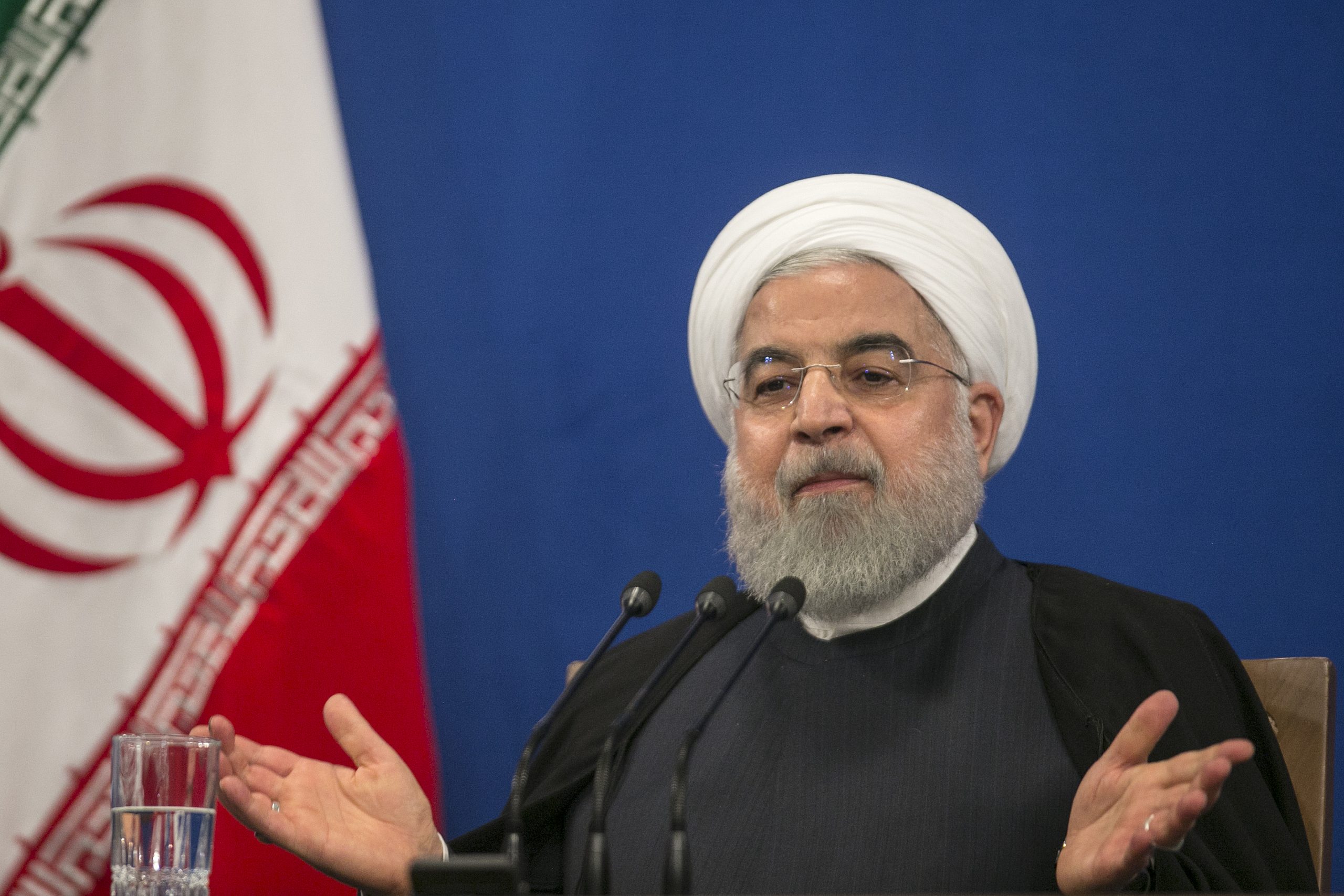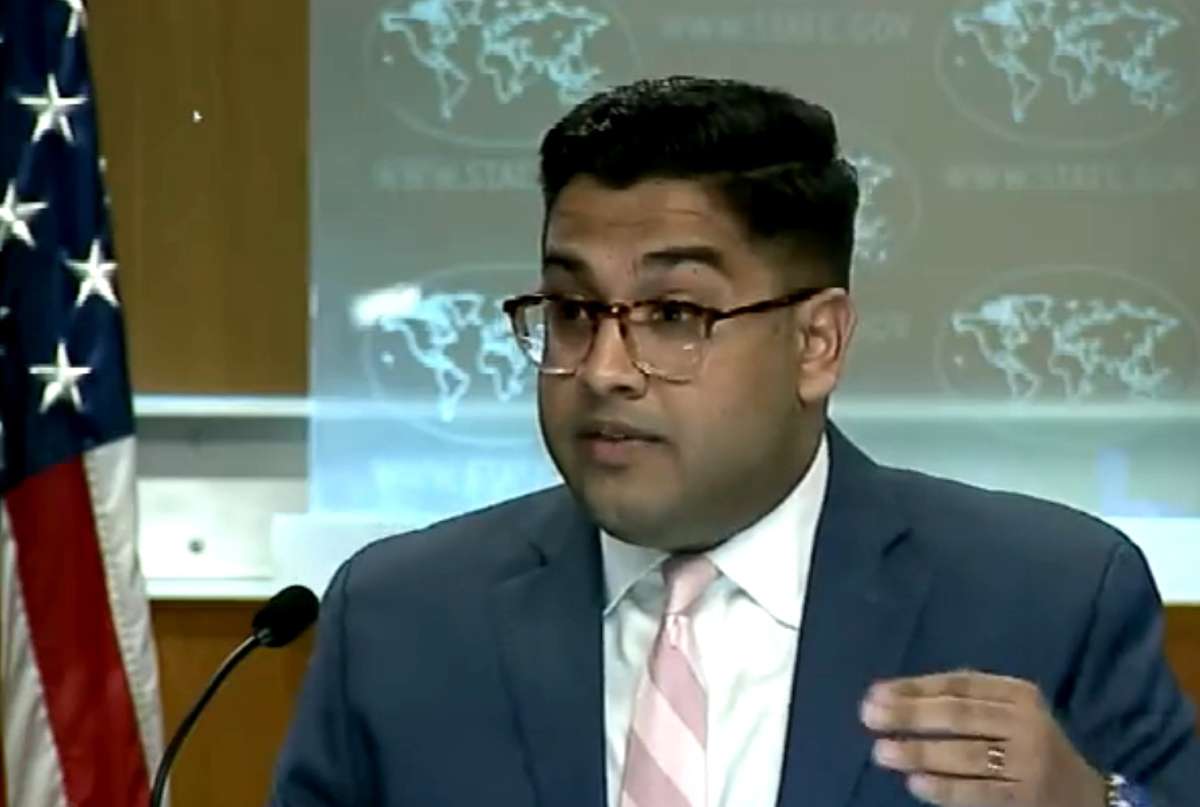
US stresses necessity of direct talks with Taliban
Their history of human rights violations, particularly their treatment of women and girls, restrictions on education, and reintroduction of harsh punishments, has elicited widespread condemnation…reports Asian Lite News The US State Department


